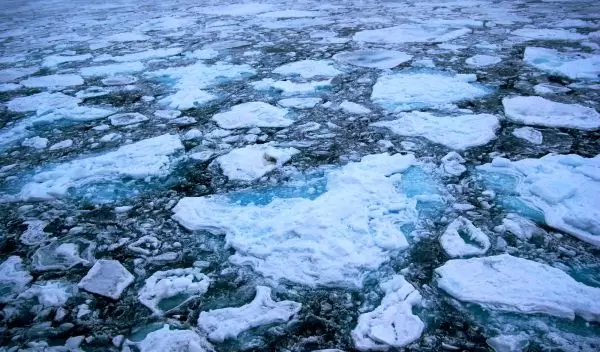
NSF funds new projects to study local and global impacts of a rapidly changing Arctic
The U.S. National Science Foundation has awarded a new round of grants under the Navigating the New Arctic, or NNA, program. The awards support research projects to study the Arctic's changing natural, built and social environments. The work will lead to an improved understanding of the local and global effects of Arctic change, informing U.S. national security and economic development needs.
Through NNA, researchers in science, engineering and education disciplines are working together to address some of the most pressing challenges on the planet. Research grants are focused on actionable results; incubator grants will allow teams to carry out projects of a larger scope in the future.
Each project focuses on one or more of the following topics: Arctic residents, data and observation, education, forecasting, global impacts and resilient infrastructure. The projects will accelerate the understanding of the Arctic and create new knowledge applicable to challenges on other parts of the globe.
The awards will broaden participation in STEM through the support of early career researchers and those traditionally underrepresented in STEM, including female scientists, students and researchers at minority-serving institutions. Each project will include formal or informal education activities. Many projects involve the co-production of knowledge with local and Indigenous communities, for whom the changing Arctic is an everyday reality.
"We have seen the impactful and impressive results from previous NNA research partnerships and approaches," says Alexandra Isern, NSF assistant director for Geosciences. "Today's awards continue that tradition. The projects incorporate co-designed methods with community research partners that serve as models for community-academic collaborations."
NSF is investing approximately $30 million in seven awards and additional community support that will advance Arctic science research, resilience and education. The teams include scientists at universities, research institutes, private companies and nonprofit organizations across the country. To improve dissemination of the research results, the NNA program will work with the NNA Community Office to foster collaboration and networking across projects.
Learn more about the NNA program, and find a full list of awards at nsf.gov.
